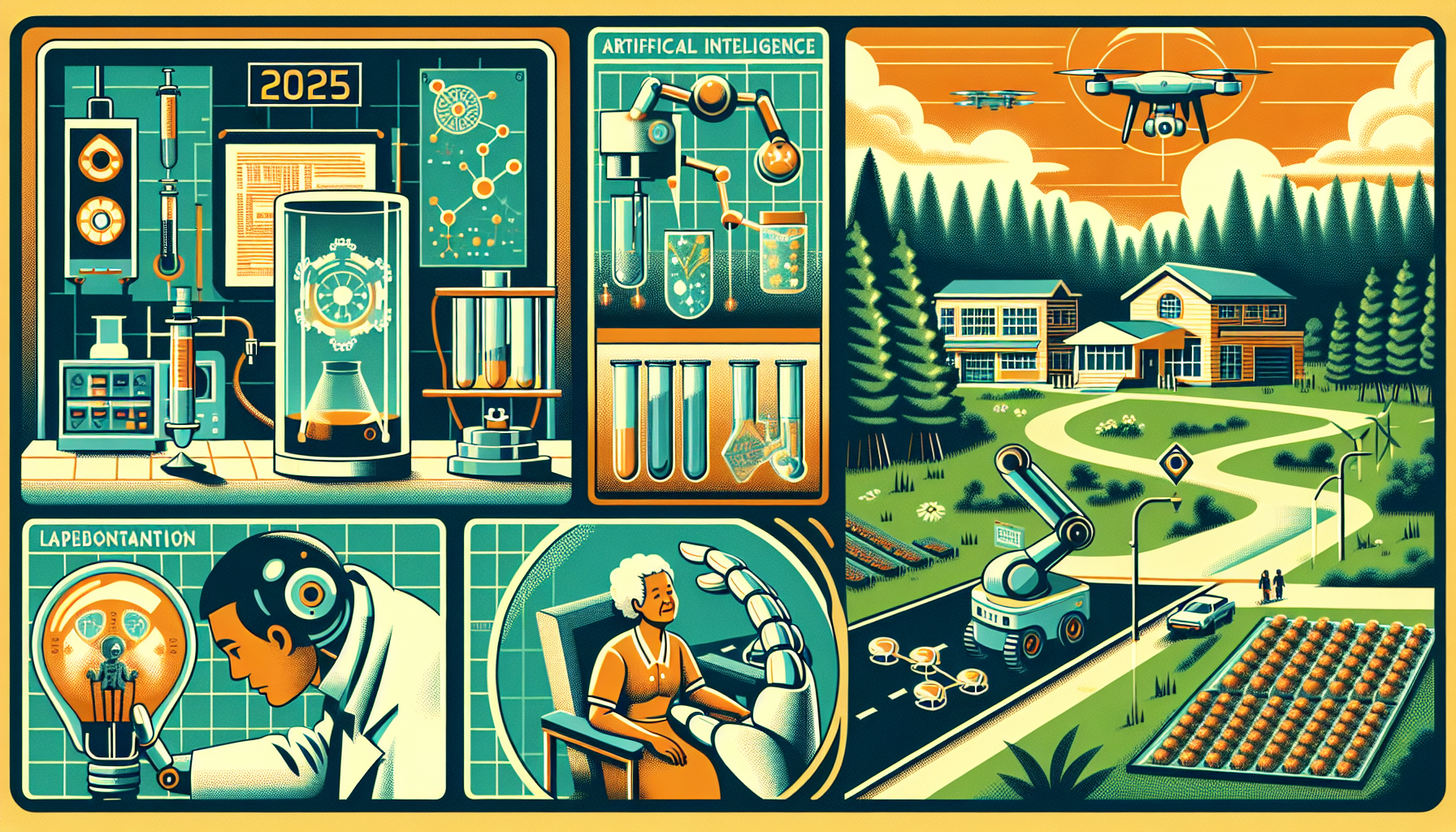In July 2025, a new chapter began for both artificial intelligence and robotics. Across research centers, laboratories, and the wider world, advances emerged that are quietly reshaping how we explore nature, care for one another, and protect our communities.
Reimagining Ocean Exploration
One of the most profound achievements comes from researchers at MIT. They have created autonomous underwater gliders—robotic vehicles that travel the ocean’s vast depths—with the help of advanced AI. These new gliders are not just machines; they reflect the grace and wisdom of marine life.
Unlike the conventional, simple shapes used in the past, the latest gliders are designed using a special AI framework. This system learns from the shapes and movement of animals like whales and manta rays, seeking the perfect balance of strength and efficiency. With the help of a neural network—a sort of digital brain—the AI studies how water flows around different forms. It then applies this knowledge to create new hull shapes that glide through the ocean with less resistance and greater control.
Physical tests have confirmed these designs work better than anything before. By moving further and faster while using less energy, these gliders are poised to open up new possibilities in ocean research. Scientists will soon be able to gather data over far greater distances, helping us understand climate change and marine environments with more depth and detail than ever imagined.
Generative AI: Pushing the Boundaries
Beyond robotics, the reach of artificial intelligence continues to grow. OpenAI, known for leading projects in language and creativity, has been developing new, highly advanced language models. Their team took a careful step in July, deciding to delay the public release of their most recent model. This was because breakthroughs in the system’s reasoning skills were happening so quickly, and more testing was needed before sharing such powerful technology. Their decision reflects a balance between bold exploration and responsibility—ensuring new tools are shaped with wisdom.
Transforming Medicine with AI
AI’s power can also be seen in healthcare. With its ability to sift through vast, complex data, AI has helped scientists identify rare types of cells that are crucial for treating cancer. This achievement is a bright light for medicine. By distinguishing these rare cell subtypes—ones that are important for a person’s immune system to fight cancer—doctors can develop more precise and powerful therapies. Patients stand to benefit from treatments that are tailored exactly to what they need, marking hope for many lives.
Strengthening Defense Through Collaboration
The partnership between humans and machines reached another milestone in July. The U.S. Army has been advancing its efforts to blend autonomous systems into their combat vehicles, bringing robots and human soldiers together as a team. This kind of human-machine collaboration goes beyond technology; it represents careful planning and respect for human life. By working together, soldiers and intelligent machines are better equipped to respond to challenging situations, showing the importance of trust and shared purpose in a world of rapid change.
A Future Shaped by Interdisciplinary Progress
The achievements of July 2025 are a testament to what can happen when imagination and technology move hand in hand. From the hidden depths of oceans, to the complexities of the human body, and even to the front lines of defense, artificial intelligence and robotics are opening doors that once seemed locked. These advances do not simply mark the progress of machines; they reflect our own search for understanding, safety, and healing.
As these fields continue to grow, they remind us that meaningful progress comes from curiosity, careful stewardship, and a deep respect for both the natural world and the human spirit.
Key Highlights
- Underwater Exploration: MIT-led AI designed gliders adopt nature’s wisdom to move with unprecedented efficiency.
- Generative AI: OpenAI continues to refine powerful language models, balancing innovation with thoughtful release.
- Medicine: AI accelerates the discovery of rare cancer cell subtypes, leading to more targeted treatments.
- Defense: The U.S. Army advances in uniting humans and robots for safer, smarter operations.

Leave a Reply